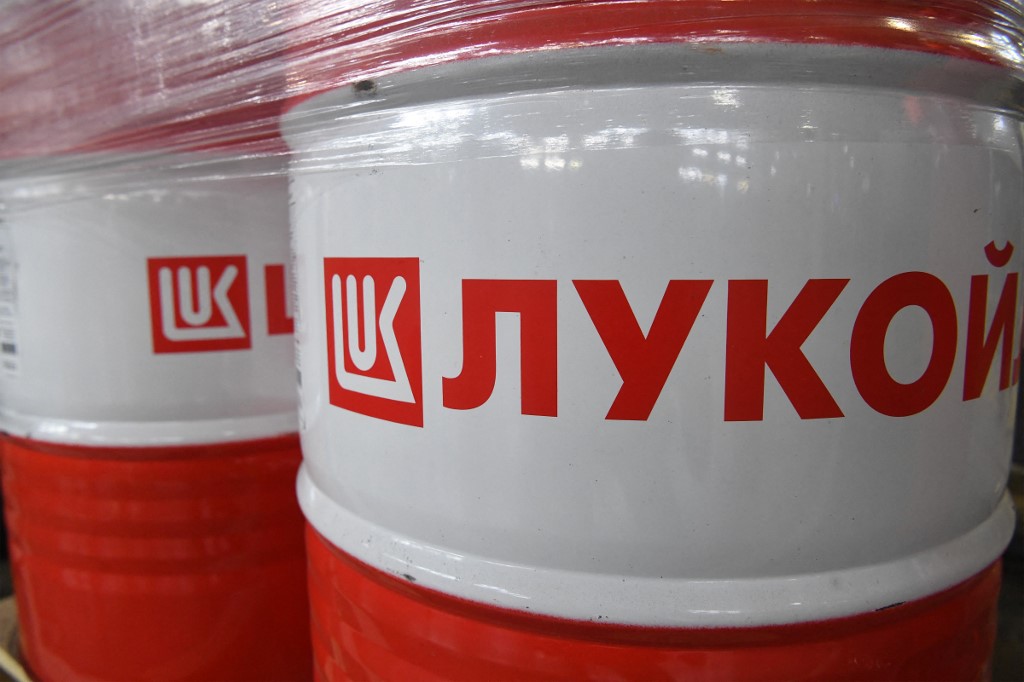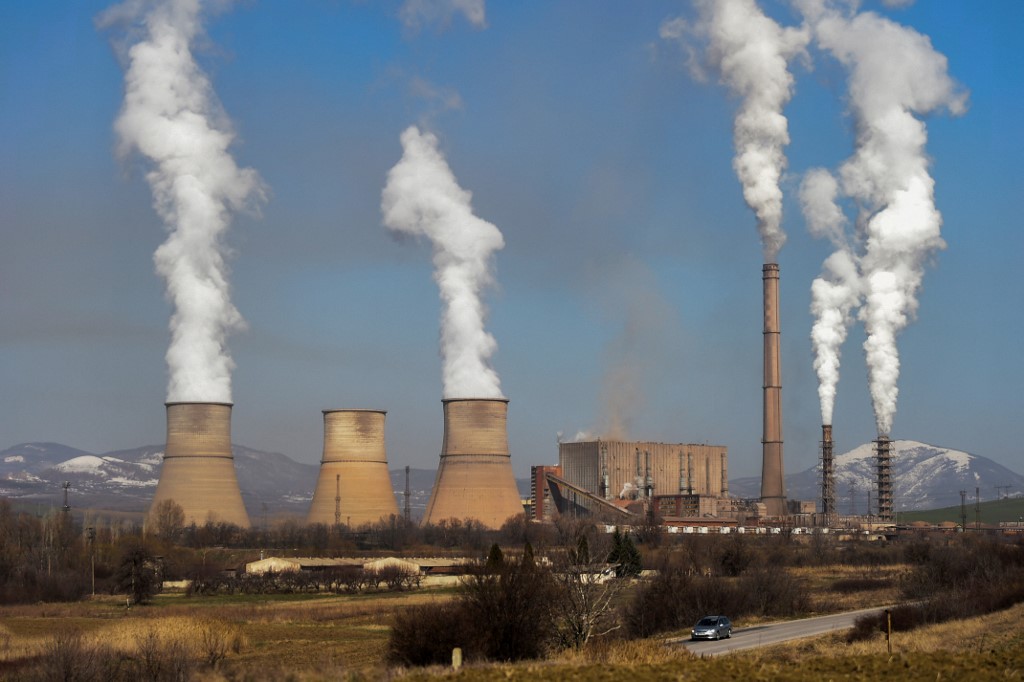

by Catherine HOURS / Julien MIVIELLE
Agence France-Presse
PARIS, France (AFP) – Despite fears that the energy price shock unleashed by Russia’s war in Ukraine will put climate ambitions on the back burner, the transition to green fuels is more relevant than ever to reduce dependence on Russian hydrocarbons.
Coal no longer a taboo


As the United States imposes an embargo on Russian oil, the European Union and other countries are seeking to wean themselves off Russian hydrocarbons, especially natural gas.
Coal — the most environmentally harmful electricity source — may tempt some nations.
The International Energy Agency (IEA) omitted coal from its 10-point plan to reduce European dependence on Russian gas due to the environmental impact but acknowledged that the fossil fuel would enable Europe to go “further and faster”.
The assessment came as global demand for the dirty fossil fuel reached a historic high in 2021 as several countries including economic giant China prefer it to pricier gas.
European Commission vice president Frans Timmermans said there was “no taboo” on using coal.
Countries such as Poland could burn coal for longer, using it to transition to renewable energy sources without passing through a phase of gas power.
Analysts from the RBC bank said the move was “a total shift” in the bloc’s stance towards coal.
Renewables to the rescue?
The EU, IEA and NGOs stress that the development of renewable energy sources and biogas must be accelerated.
Investors seem to agree, with the value of companies in the sector rising recently even as the Ukraine conflict triggers dramatic market volatility.
“The situation in Ukraine adds further credence to the argument for transitioning our energy system to one based on cheap, clean, reliable power,” said asset manager company Schroders.
“As conventional energy prices spike higher, the relative economic attractiveness of renewables continues to grow. This is the case even after taking into account the higher costs of equipment from supply chain constraints.”
Solar and wind power capacity increased at an unprecedented rate in 2021.
But the IEA said four times as much infrastructure must be installed every year to limit global warming to the 1.5 degrees Celsius target set in the 2015 Paris Climate Agreement.
Questions remain over the soaring cost of critical materials such as nickel — much of which is produced in Russia — and the greater investment power of oil and gas giants benefiting from record-high prices.
“Climate change — which was a key issue for many governments — is sliding down in the priority list,” said IEA executive director Fatih Birol.
He warned of the “very dangerous” theory gaining currency around the world that an excessive focus on clean energy has threatened energy security.
“Energy security is very important. We are here to keep the lights on. But this doesn’t mean it will turn off our efforts to reach our ultimate cause,” he said.
Energy efficiency encouraged
Changing Europe’s demand as well as the supply is an important tool in the energy transition.
“It’s important to think about how to clamp down on waste in our energy consumption,” said Nicolas Berghmans, a researcher at the Institute for Sustainable Development and International Relations.
The idea first emerged after the oil shocks in the 1970s and has returned to the forefront of public debate as transition plans involve improving energy efficiency and reducing consumption.
Turning down the heating by one degree in France would save enough gas to fill 12 to 15 gas tanker ships each year, according to Catherine MacGregor, the boss of French energy giant Engie.
The European Union is also targeting efficiency measures including insulating buildings and changing the method of heating.
The construction industry alone generates one-fifth of global emissions, especially via gas, which must be reduced by at least 65 percent by 2040, the research group Climate Action Tracker said on Wednesday.
Economist Laurence Tubiana, a key architect of the Paris Climate Agreement, said this week’s EU summit in France will be “crucial”.
“It’s up to the heads of state to come up with a suitable response and set a political direction,” she told AFP.
© Agence France-Presse
